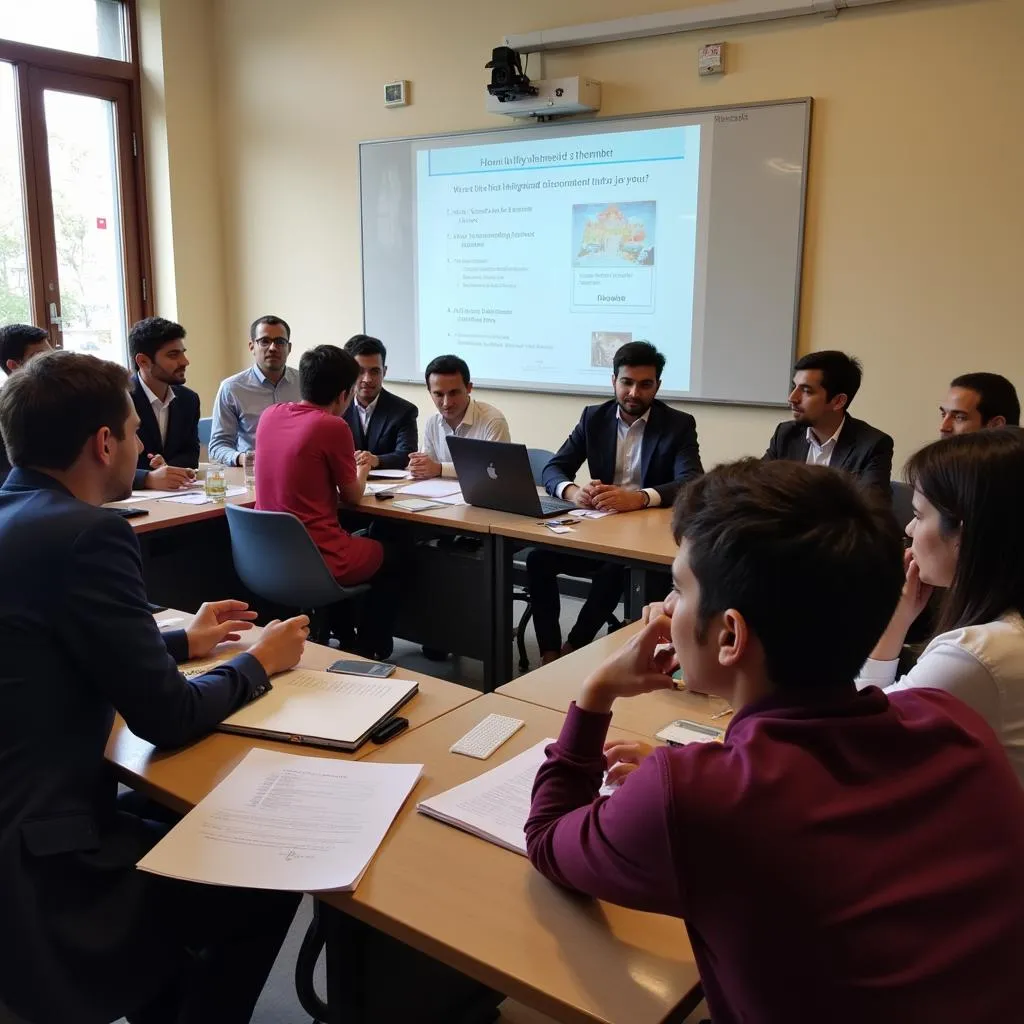Political science, the study of power, governance, and political systems, plays a pivotal role in shaping the future of nations. In Pakistan, a country with a rich political history and a dynamic political landscape, political science subjects hold immense significance. These subjects equip students with the knowledge and analytical skills necessary to navigate the complexities of the political world and contribute meaningfully to society.
Why Choose Political Science in Pakistan?
Choosing political science as a field of study in Pakistan opens doors to a wide range of opportunities. As a political science graduate, you can pursue a career in:
- Public Service: Join the civil service, work in government ministries, or become a diplomat representing Pakistan on the international stage.
- Academia: Teach political science in universities and colleges, conduct research, and contribute to the development of political thought.
- Journalism and Media: Analyze political events, report on current affairs, and provide insightful commentary on political issues.
- Politics: Join political parties, contest elections, and actively participate in the political process.
- Non-Governmental Organizations (NGOs): Work with NGOs focused on democracy, human rights, or conflict resolution.
 Students Discussing Pakistani Politics
Students Discussing Pakistani Politics
Core Political Science Subjects in Pakistan
The curriculum for political science programs in Pakistan typically includes a mix of core and elective subjects. Core subjects provide a strong foundation in the fundamental concepts and theories of political science, while elective subjects allow students to specialize in areas of interest.
Essential Foundation: Key Subjects
Some of the core political science subjects offered in Pakistan include:
- Introduction to Political Science: This introductory course provides an overview of the discipline, covering key concepts such as power, state, government, and political ideologies.
- Political Theory: This subject delves into the major political philosophies and theories from ancient Greece to the present day, examining thinkers such as Plato, Aristotle, Machiavelli, Hobbes, Locke, Rousseau, Marx, and Mill.
- Comparative Politics: This course compares and contrasts different political systems and institutions across the world, analyzing the similarities and differences between democracies, authoritarian regimes, and hybrid systems.
- Public Administration: This subject focuses on the structure, functions, and processes of government, exploring topics such as bureaucracy, public policy, and administrative law.
- International Relations: This course examines the interactions between states and other actors in the international system, covering topics such as foreign policy, international organizations, and global governance.
Exploring Specialized Areas
In addition to these core subjects, students can choose from a variety of elective courses to further specialize their studies. Some popular elective subjects include:
- Political Economy: This subject explores the relationship between politics and economics, examining how political factors influence economic outcomes and vice versa.
- Constitutional Law: This course focuses on the constitution of Pakistan, its interpretation by the courts, and its impact on the political system.
- Foreign Policy of Pakistan: This subject examines the historical evolution, key actors, and major challenges of Pakistan’s foreign policy.
- South Asian Politics: This course analyzes the political dynamics of South Asia, including the relations between India, Pakistan, Bangladesh, Sri Lanka, Nepal, Bhutan, and the Maldives.
- Political Sociology: This subject explores the relationship between politics and society, examining how social factors such as class, ethnicity, and gender influence political behavior and institutions.
 Professor Delivering a Lecture on Political Science in Pakistan
Professor Delivering a Lecture on Political Science in Pakistan
The Importance of Studying Political Science in Today’s World
In today’s increasingly interconnected and complex world, understanding politics is more important than ever. Political science graduates are equipped with the critical thinking, analytical, and communication skills necessary to:
- Analyze and interpret political events: Understand the underlying causes of political phenomena, predict future trends, and develop informed opinions on current issues.
- Engage in informed political discourse: Participate in constructive debates, articulate their views effectively, and advocate for change.
- Contribute to policymaking: Use their knowledge of political processes and institutions to influence policy decisions and improve governance.
- Promote democracy and human rights: Work towards creating a more just and equitable society by upholding democratic values and protecting human rights.
FAQs about Political Science Subjects in Pakistan
1. What are the job prospects for political science graduates in Pakistan?
Political science graduates in Pakistan have diverse job opportunities in public service, academia, journalism, politics, and NGOs.
2. What are the best universities for studying political science in Pakistan?
Some of the top universities for political science in Pakistan include Quaid-e-Azam University, University of the Punjab, and the National University of Sciences and Technology (NUST).
3. Is political science a difficult subject to study?
Political science can be challenging, but it is also very rewarding. It requires critical thinking, analytical skills, and a genuine interest in politics.
4. What are the benefits of studying political science abroad?
Studying political science abroad can provide students with a broader perspective on global politics, expose them to different political systems, and enhance their language skills.
5. How can I prepare for a career in political science?
To prepare for a career in political science, students can intern with government agencies, NGOs, or political parties, and participate in debates and Model United Nations simulations.
Conclusion
Political Science Subjects In Pakistan offer a comprehensive understanding of the country’s political system, its place in the world, and the fundamental principles of governance. By pursuing these subjects, students can equip themselves with the knowledge and skills to make a positive impact on society.
If you are passionate about politics, governance, and making a difference, consider exploring the exciting world of political science subjects in Pakistan.
Need further guidance? Contact us at +923337849799, email us at [email protected], or visit our office at Dera Ghazi Khan Rd, Rakhni, Barkhan, Balochistan, Pakistan. Our team is available 24/7 to assist you.
Looking for more information on education in Pakistan? Check out our article on fa subjects list in pakistan.